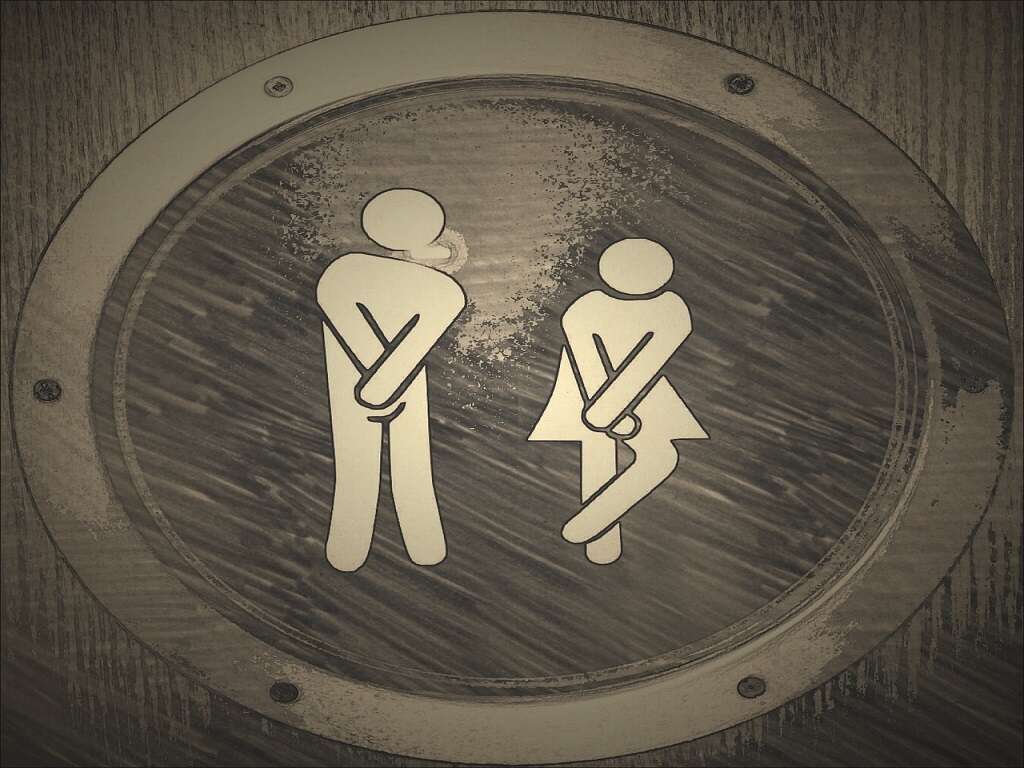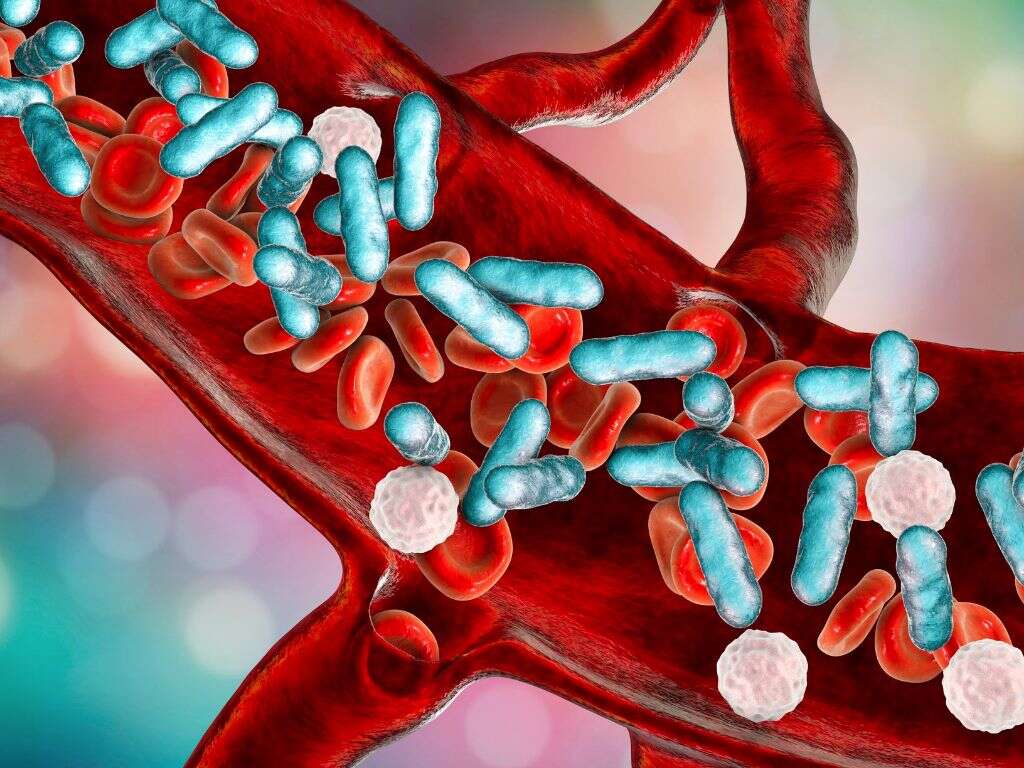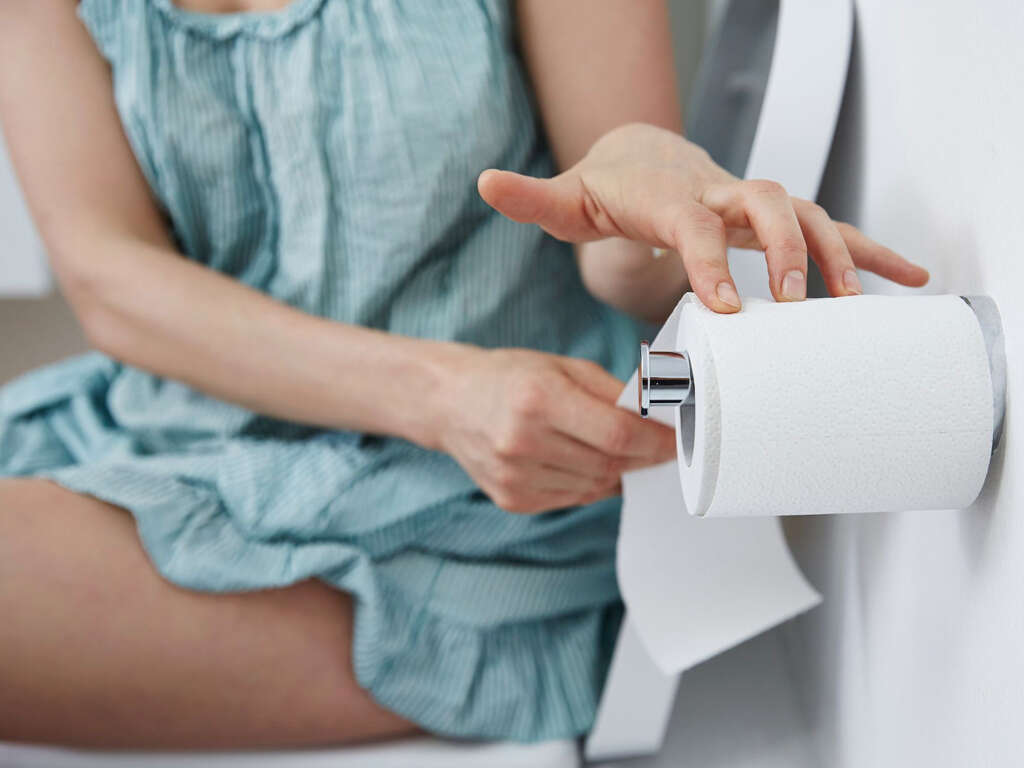What Is Renal Failure?
The renal system is responsible for filtering blood and eliminating waste from the body. The by-product created by this process is urine. The kidneys, ureters, bladder, sphincter and urethra are all part of the renal system.
Without this critical body system functioning correctly, hazardous chemicals may remain in the blood and eventually make their way to other areas. When the waste cannot eliminate properly, the body suffers in more ways than one.
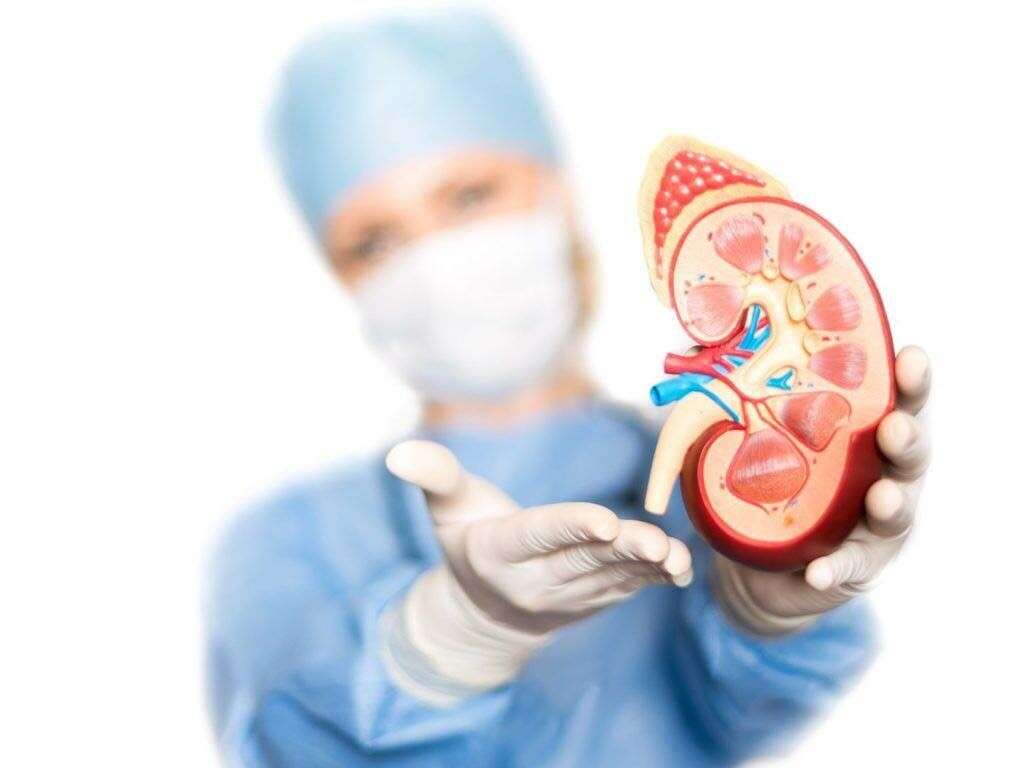
1. Renal Failure
Renal failure, also known as acute kidney failure, occurs when the kidneys are unable to strip the blood of waste effectively. The kidneys are the body’s natural filtration system, and when they stop working, waste backs up.
The condition can come on quickly with very few signs that the kidneys are not functioning properly. Without the kidneys filtering waste, the body will stop producing urine.

2. Symptoms of Renal Failure
Some people get acute kidney failure as a result of another health condition. However, other signs may present to warn that the kidneys are not doing their job.
The most telling sign that something is off is the change in the amount of urine being created. Even with proper hydration, a marked decrease in urine may signal a problem. The fluid instead may start to accumulate in the ankles and feet, causing swelling.
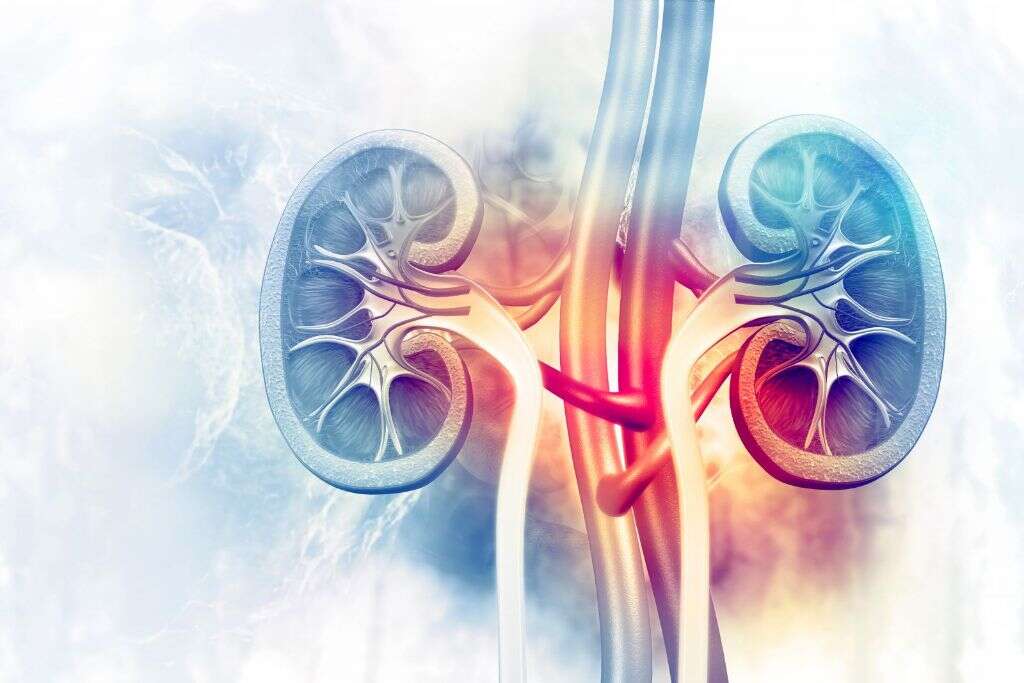
3. Low Blood Flow to Kidneys
There are a few things that can cause renal failure. The most common is that blood is unable to reach the kidneys as it should. The causes of this decreased flow may be attributed to another health problem.
When the heart is unable to pump blood through the body, it does not make it to the kidneys for filtration. Thus, a heart attack or heart disease may be the primary cause of renal failure. An injury or underlying condition that causes massive loss of fluid or blood from the body may also lead to renal failure.
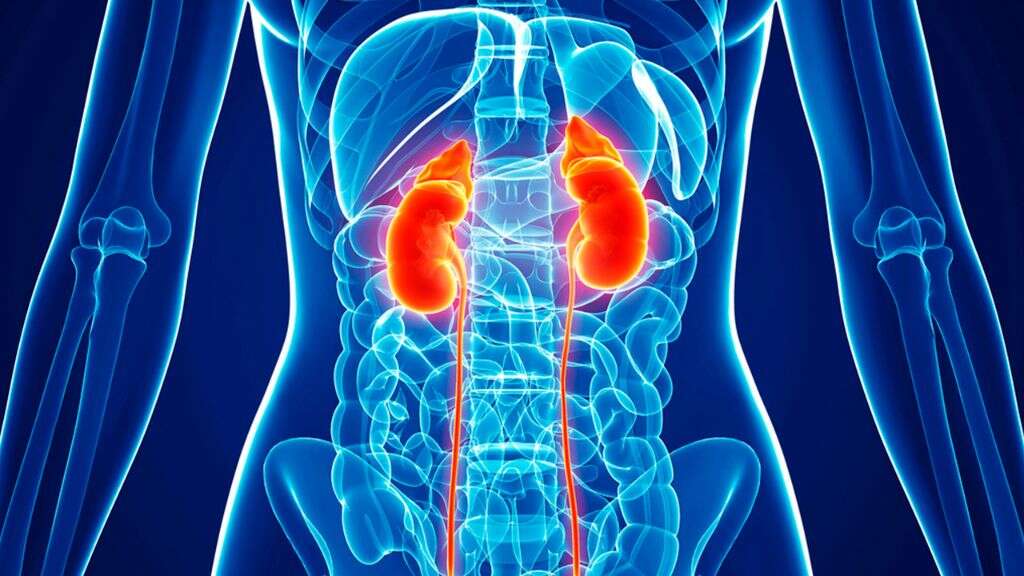
4. Obstruction of Urine Flow
Another cause of acute kidney failure is some sort of blockage either within the kidneys or elsewhere along the renal tract. When urine is unable to flow freely through the ureters and into the bladder, an impediment of some sort might be the first part of a diagnosis.
Kidney stones are a common condition that may stop urine from exiting the body. These mineral buildups are usually passed through urine, but other times they require surgical intervention. An enlarged prostate gland may put pressure on the urinary tract making it impossible for anything to get through appropriately. If nerves in the area are damaged, they may not have the ability to pass urine through.
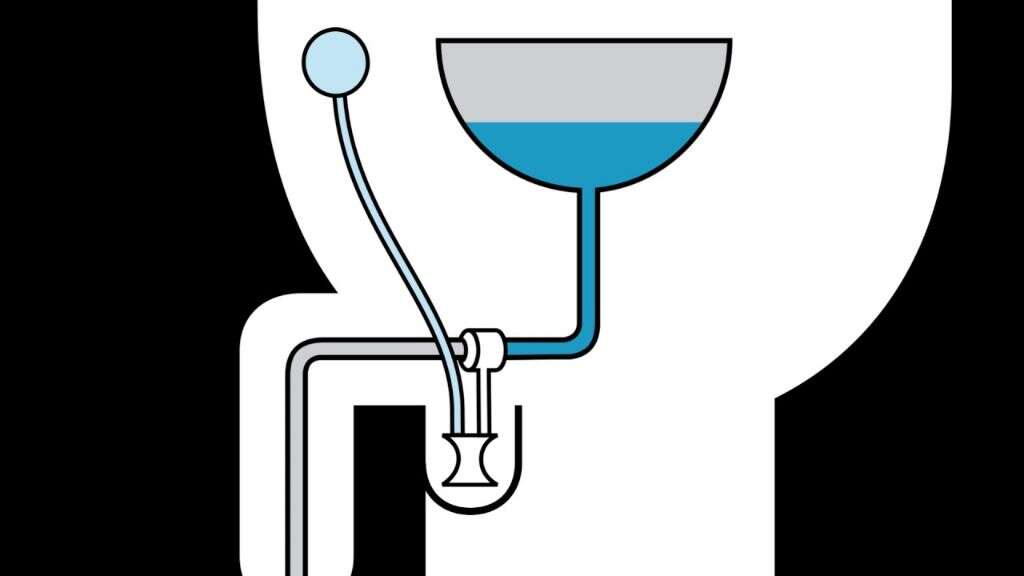
5. Ailing Kidneys
In some instances, the kidneys themselves may be the problem. Some diseases, infections or disorders may attack the kidneys and cause them to degrade. When the kidneys suffer any kind of damage, the risk of renal failure increases.
Several conditions may lead to kidney damage. An autoimmune system disease such as lupus may cause the filters inside the organs to swell. Some medications used in the treatment of other medical conditions, such as those used to treat cancer and some antibiotics, can also inflict damage to the kidneys.

6. Common Risk Factors
Renal failure usually happens as a result of another medical condition. As such, the most common risk factor is an unknown underlying condition. In some cases, kidney failure is a byproduct of treatment for another disease or illness.
Age also plays a factor in the development of acute kidney failure. Diseases that affect circulation or result in blood clots in the arms and legs may develop as the body ages. People with diabetes are also at a higher risk of experiencing renal failure. Diseases involving the kidneys and liver may cause the filtration system to fail as well.

7. Consequences of Kidney Failure
When the body cannot eliminate waste effectively and efficiently, the fluid has nowhere to go. Instead, it may start to pool in the extremities. If the problem continues, the fluid may accumulate in the lungs, causing breathing issues.
The kidney’s filters may also become permanently damaged if the problem is not treated quickly. Eventually, it may end to kidney failure and require either a transplant or the use of a dialysis machine to pump the waste out of the body.
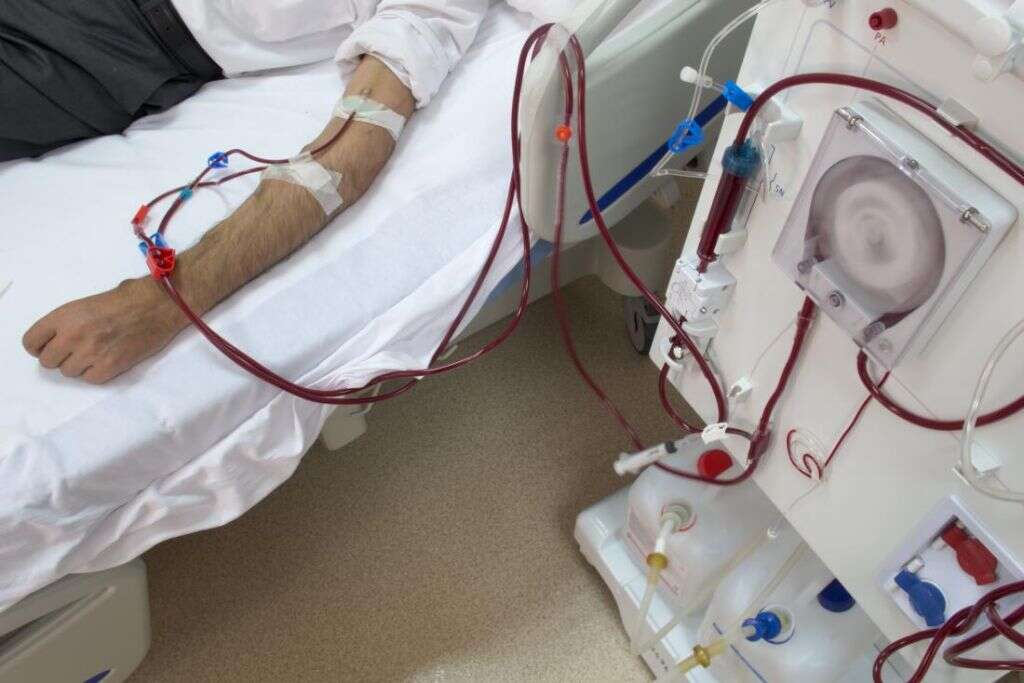
8. Treatment Options
Once the patient is diagnosed with renal failure, doctors will present options for treating it. The chance of recovery is relative to the underlying cause of the problem and the damage to the kidneys. Thus, treatment of the medical condition that may have prompted renal failure is the primary way doctors help rectify kidney issues.
Even with early intervention, doctors will want to minimize the strain on the kidneys to give them time to heal correctly. Fluids may be increased, as may be the use of diuretics to help expel them. Medication to help rid the body of potassium may also aid in allowing the kidneys time to heal. If the doctor feels too much waste is present in the body, dialysis may be prescribed to pump the fluid out effectively.
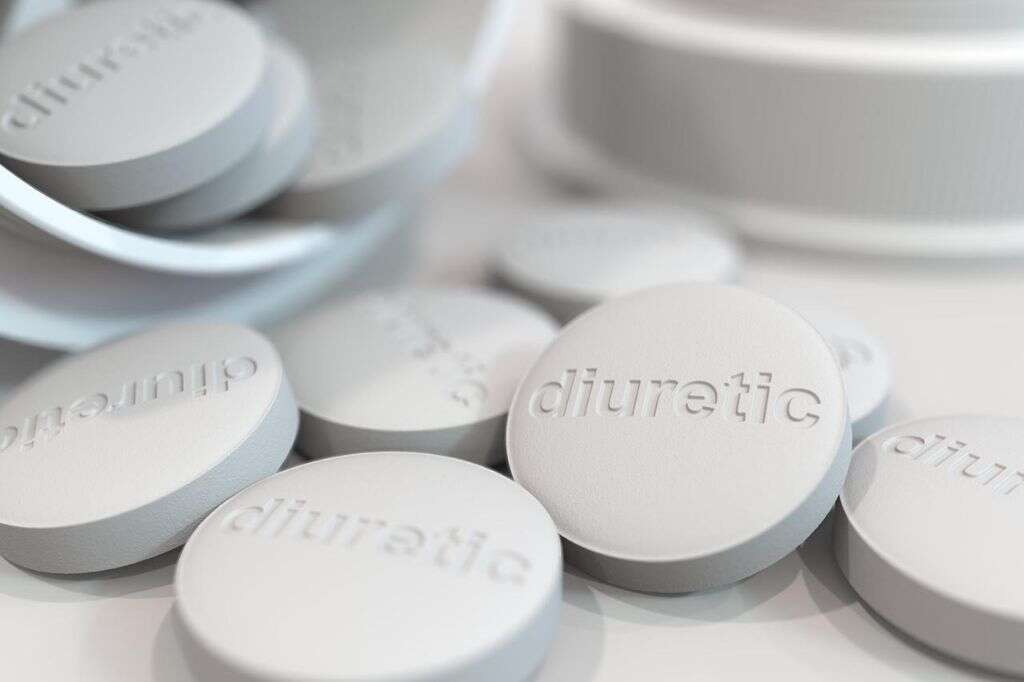
9. Recovery Process
The timetable for recovery from renal failure varies from patient to patient. Once the medical condition that caused the kidneys to stop functioning is rectified, a patient may start seeing swift results. Urine output should increase as swelling and fluid retention elsewhere in the body decrease.
Note that permanent kidney damage is always possible; the more serious the case, the more likely that a patient may lose some kidney function. While the body is resilient, especially in younger, healthier patients, it does not mean that there will not be long-term consequences for acute kidney failure. Much of this process also depends on whether both kidneys were damaged equally. In some instances, a doctor might recommend the removal of one kidney if the other can do the job of both.
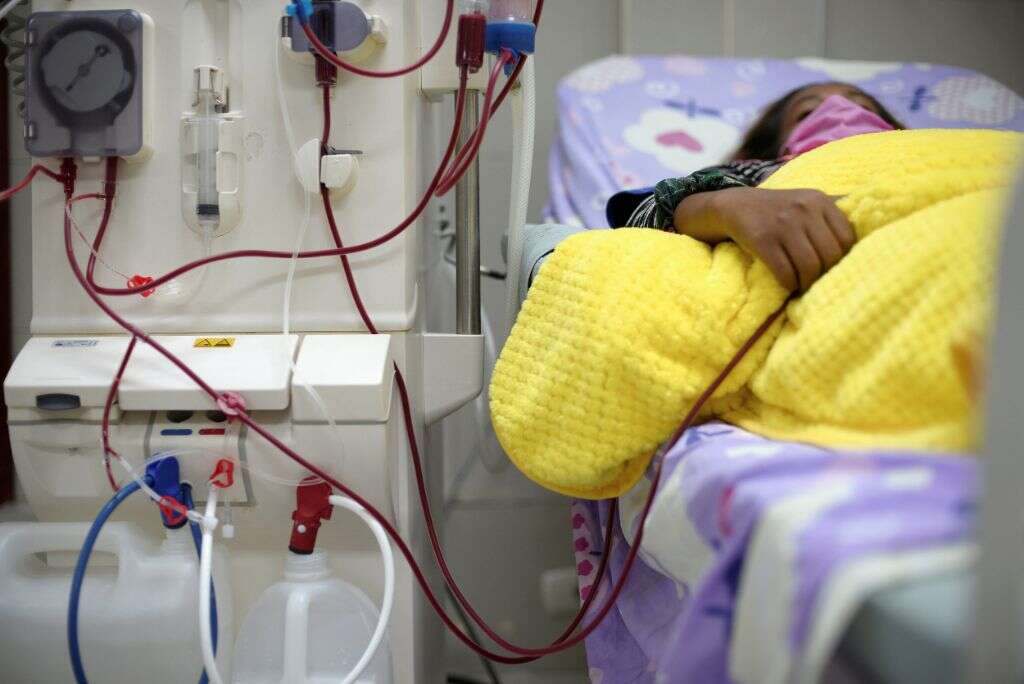
10. Keeping the Renal System Healthy
There are steps that one can take to help stave off the development of renal failure. Take all medicine for other conditions as prescribed by a doctor. Note that some over-the-counter pain medication, such as acetaminophen and ibuprofen, may cause kidney damage if taken too long or in high doses. Monitoring potassium levels and taking calcium supplements to help the kidneys balance potassium may keep the renal system working.
An active lifestyle and a healthy diet can do much for the body, and the renal system is undoubtedly one beneficiary of this. Eat sensibly and make sure to get a decent amount of activity in daily. Steer clear of large amounts of alcohol, as the chemicals within it can place strain on the kidneys.





